What is history? An echo of the past in the future; a reflex from the future on the past
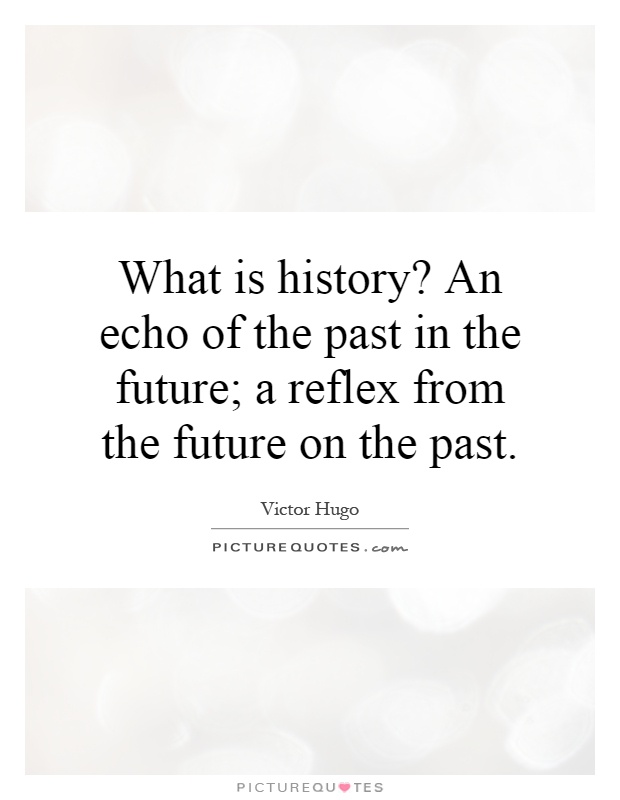
What is history? An echo of the past in the future; a reflex from the future on the past
Victor Hugo, the renowned French writer, poet, and playwright, had a profound understanding of the concept of history. His quote, "What is history? An echo of the past in the future; a reflex from the future on the past," encapsulates his belief that history is not just a record of past events but a living entity that continues to shape the present and future.Hugo's works often delved into historical themes, exploring the impact of past events on the present and the potential for change in the future. In his novel "Les Misérables," Hugo vividly portrays the social and political upheaval of 19th-century France, highlighting the enduring consequences of poverty, injustice, and revolution. Through his characters, such as Jean Valjean and Inspector Javert, Hugo demonstrates how the past influences the choices and actions of individuals, shaping their destinies and the course of history.
Hugo's quote suggests that history is not a static, linear progression but a dynamic interplay between past, present, and future. The echoes of the past reverberate through time, influencing our understanding of the present and guiding our actions for the future. Similarly, the future casts a reflexive light on the past, reshaping our interpretations and perspectives on historical events.
Hugo's perspective on history resonates with contemporary debates about the nature of historical knowledge and its relevance to our lives today. In an age of rapid technological advancement and global interconnectedness, the study of history is more important than ever in understanding the complexities of our world and charting a course for the future.
Ultimately, Hugo's quote reminds us that history is not just a collection of facts and dates but a living, breathing narrative that continues to unfold and evolve. By embracing the echoes of the past and the reflexes from the future, we can gain a deeper appreciation for the interconnectedness of human experience and the enduring power of historical memory.
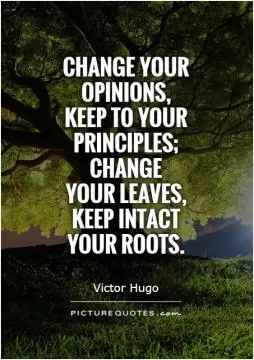
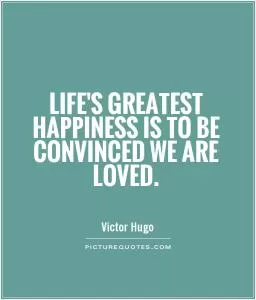
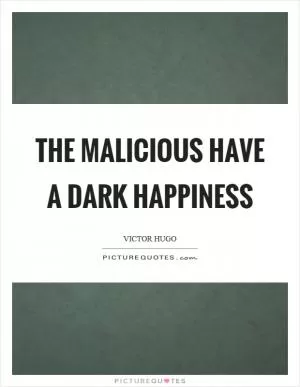
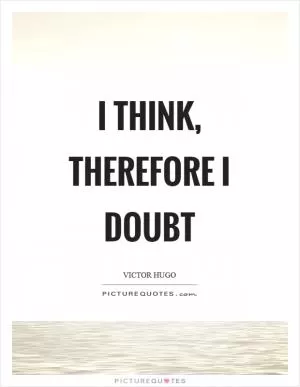
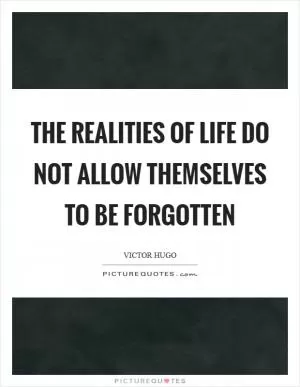
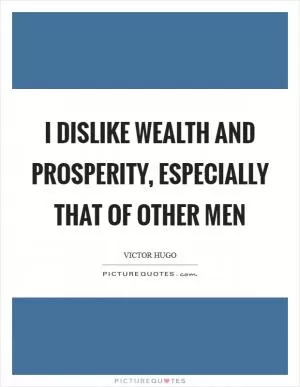
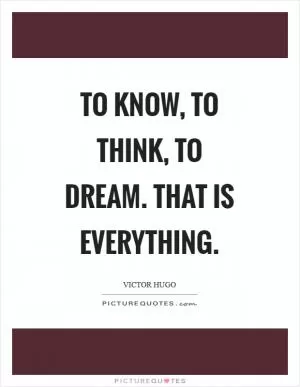
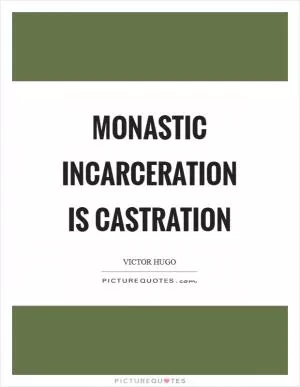
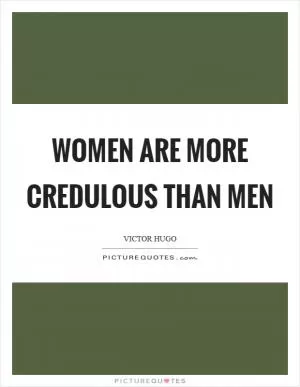
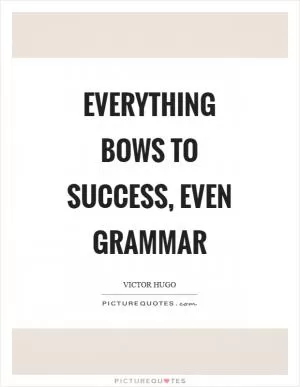
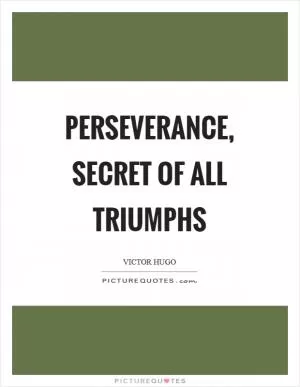
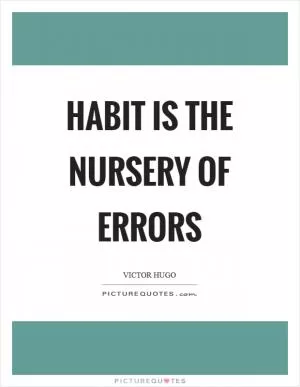
 Friendship Quotes
Friendship Quotes Love Quotes
Love Quotes Life Quotes
Life Quotes Funny Quotes
Funny Quotes Motivational Quotes
Motivational Quotes Inspirational Quotes
Inspirational Quotes